South Iceland Road Trip: My 7-Day Itinerary
Although I am a travel writer by trade, I have to stick to a very tight schedule whenever I bring my husband along because he has a “regular” job that only grants him three weeks off per year. I would’ve stayed in Iceland much longer than just seven measly days but hey, I’ll take what I can get 😉 If you too only are one of the millions of North Americans who can only afford a few days for that perfect Iceland road trip and want to cram in as many sights as possible, you’ll want to read the itinerary below, which took me from Reykjavik to the Jokusarlon glacier lagoon and back.
Seven days, hundreds of stops, countless photos. Welcome to Iceland!
ICELAND ROAD TRIP ITINERARY
- Day 1-2: Reykjavik
- Day 3: Golden Circle (Thingvellir, Geysir, Gullfoss)
- Day 4: Laugarvatn, Seljalandsfoss Waterfall, Seljavellir
- Day 5: Vik, Dyrholaey, Folk Museum, Skogafoss, Plane Wreck
- Day 6: Jokursarlon
- Day 7: Route 1 and Reykjanes Peninsula
Day 1-2: Reykjavik
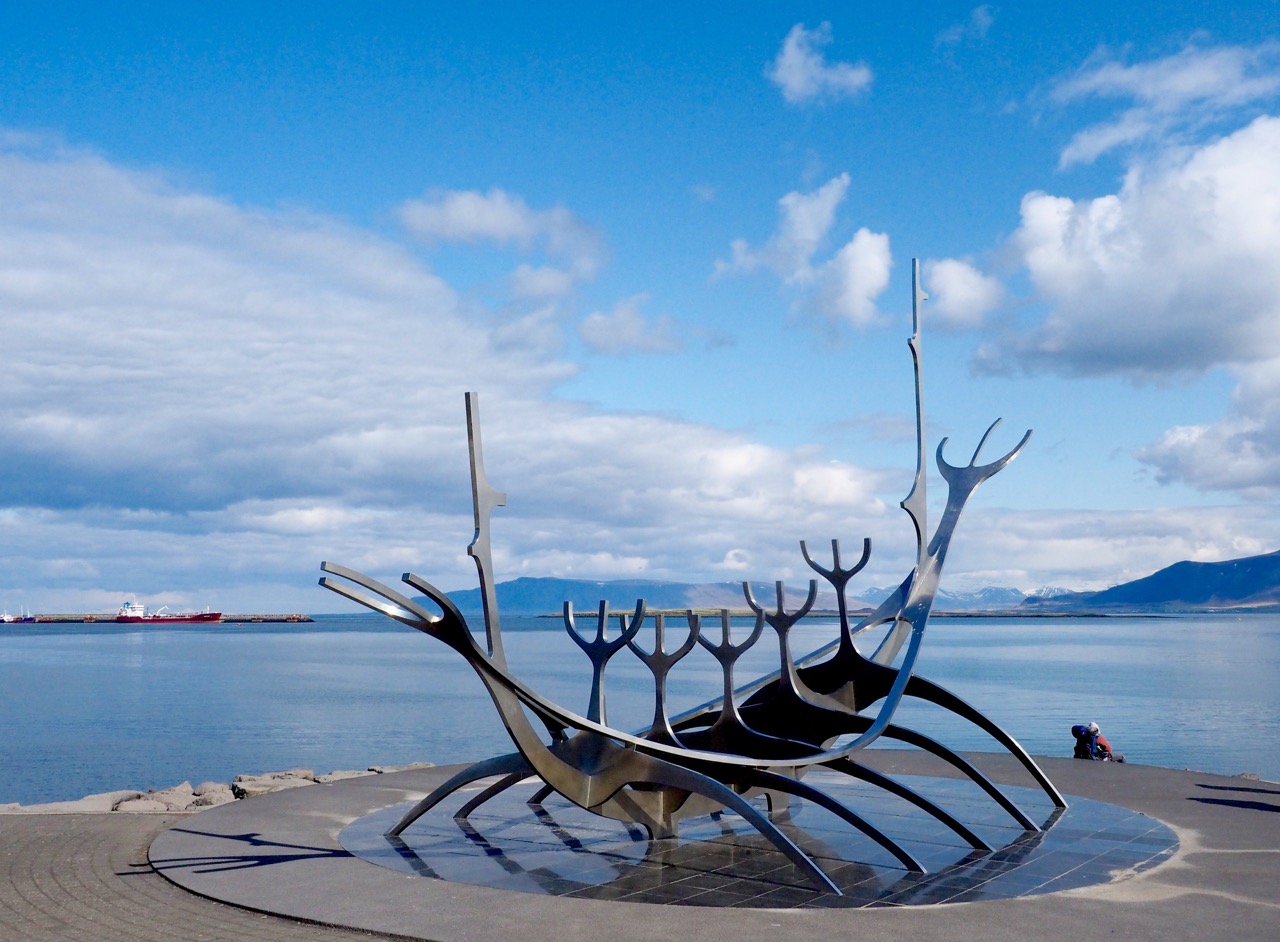
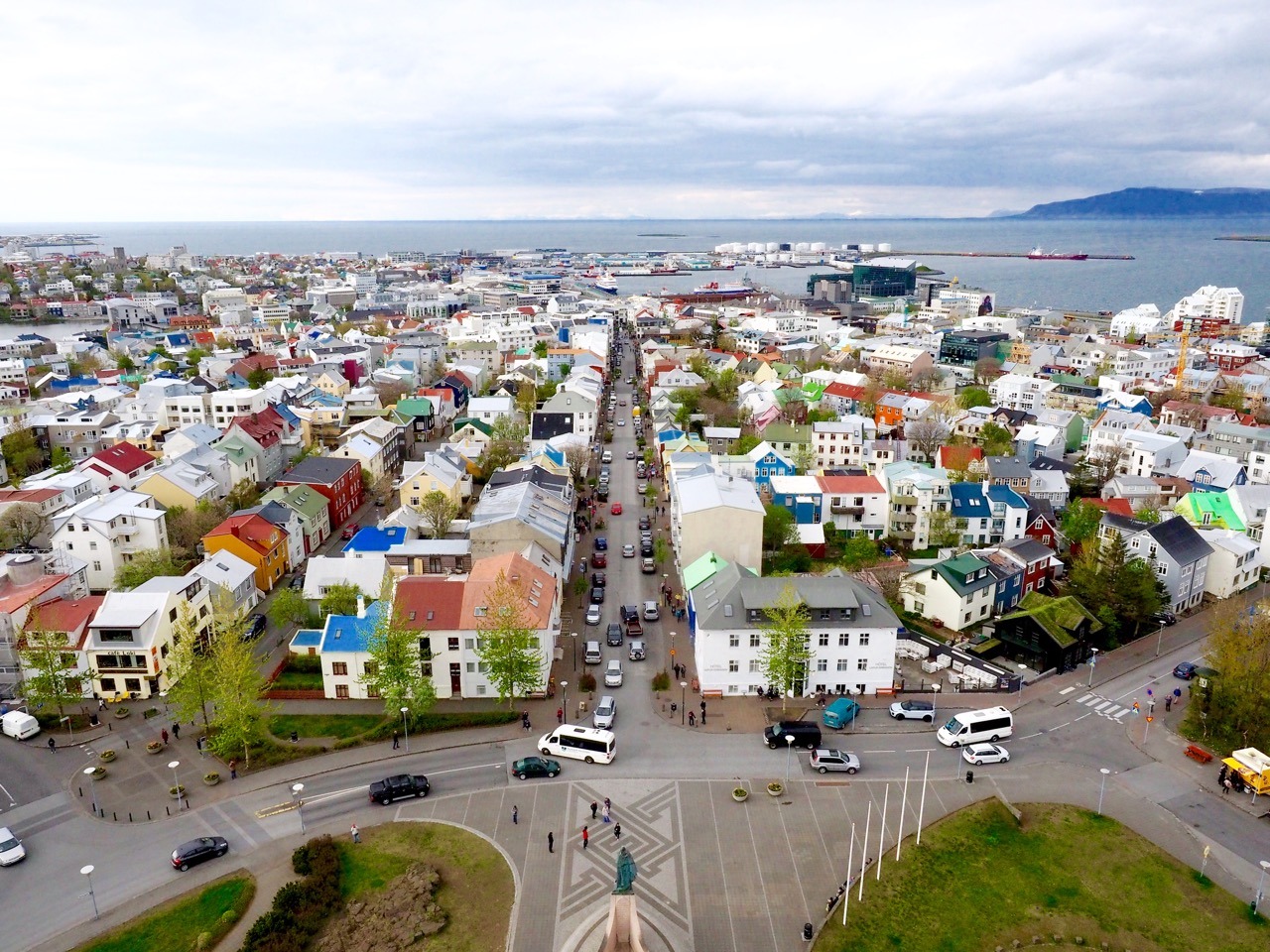
Spending the first two days of the trip in Reykjavik was non-negotiable for me. The city intrigued me, and I was told that the culinary offer outside the capital was either prohibitively expensive or simply unappetizing so I wanted to get as many noms as I could.
And I’m glad I did! Reykjavik is a quirky, walkable city with plenty to keep you busy. Alternatively, if you would prefer not to rent a car, it’s a great base with plenty of day trip possibilities.
Day 3: Golden Circle (Thingvellir, Geysir, Gullfoss)
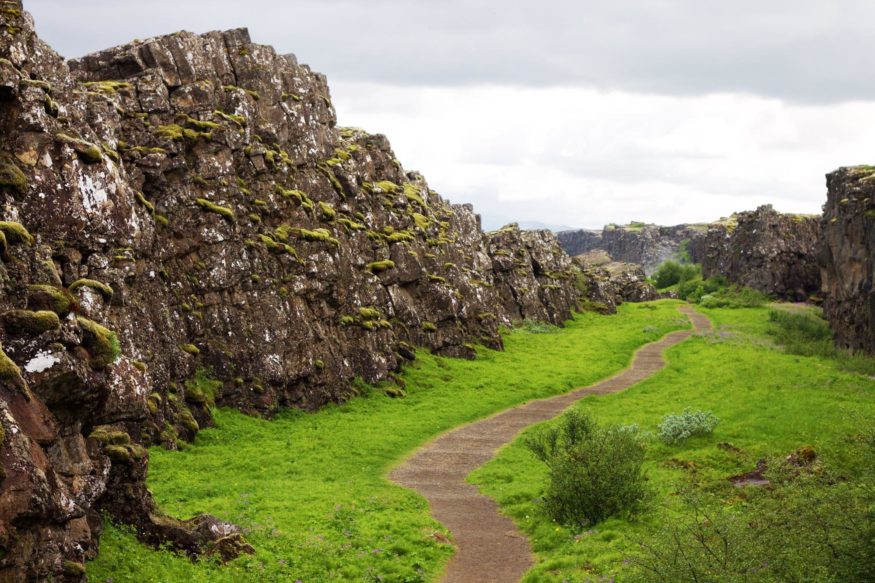
If you only had time for short Iceland road trip, it should be this one. Thingvellir, Geysir, and Gullfoss make up what is more commonly known as the Golden Circle, a 300-kilometer long route that encompasses not only some of Iceland’s most stunning landscapes but also the country —perhaps the world’s— oldest parliament, dating back to 930 AD. The “assembly fields” are now an intrinsic part of Icelandic culture.
What you can’t miss while touring the Golden Circle:
Almannagja Gorge
Created by a continental drift, it leads to a concealed and highly underrated waterfall that used to provide fresh water to delegates of the Althing back in the 10th century. This is where you’ll be able to walk between the two continental plates — and yes, it is absolutely amazing! As you enter Thingvellir Park along route 36, take a right at the small parking area where it says Öxarárfoss. If you’re parked at the visitor’s centre, you’ve gone too far!
Law Rock and the Thingvellir Church
They are located just a bit further south and accessible on foot.
Silfra Fissure
If you’re not worried about freezing your face off, make sure to schedule a dive or snorkel session in the world’s clearest waters! If, on the contrary, you would rather stay dry, the fissure is nonetheless quite impressive even from either side of it.
Geysir
If you think that you’ve seen geysers, think again. Surrounded by fuming mud pools and lava fields, this is the mother of all geysers, the one after which all other geysers are named, and undoubtedly the most impressive one with sulphured water violently boiling out of the soil upwards to fifteen feet high.
Gullfoss
You definitely want a waterproof jacket for this one! As you climb down the stairs that will lead you to this attraction, the noise alone will quickly make you realise you are indeed about to see Iceland’s most powerful waterfall. This is where Hvítá river abruptly plunges not once but twice in a tiered 30-meter deep crevice at a rate of 140 m³ per second; in fact, it’s not until you reach the pathway along the edge that you realise just how strong the waterfall is. Because of its orientation and heavy mist, Gullfoss has become famous for its semi-permanent rainbows, so keep your camera handy!
Now, this might seem like a lot of sights for a single day. But rest assured: Thingvellir isn’t actually that spread out and attractions are not more than a half-hour drive from each other (depending on how many times you stop to pet horses along the way). Of course, if you plan on indulging with leisurely hiking you’ll need to add a few more hours to your journey.
+
iceland travel tips
Facing the notoriously cold waters of Silfra
Day 4: Laugarvatn, Seljalandsfoss Waterfall, Seljavellir
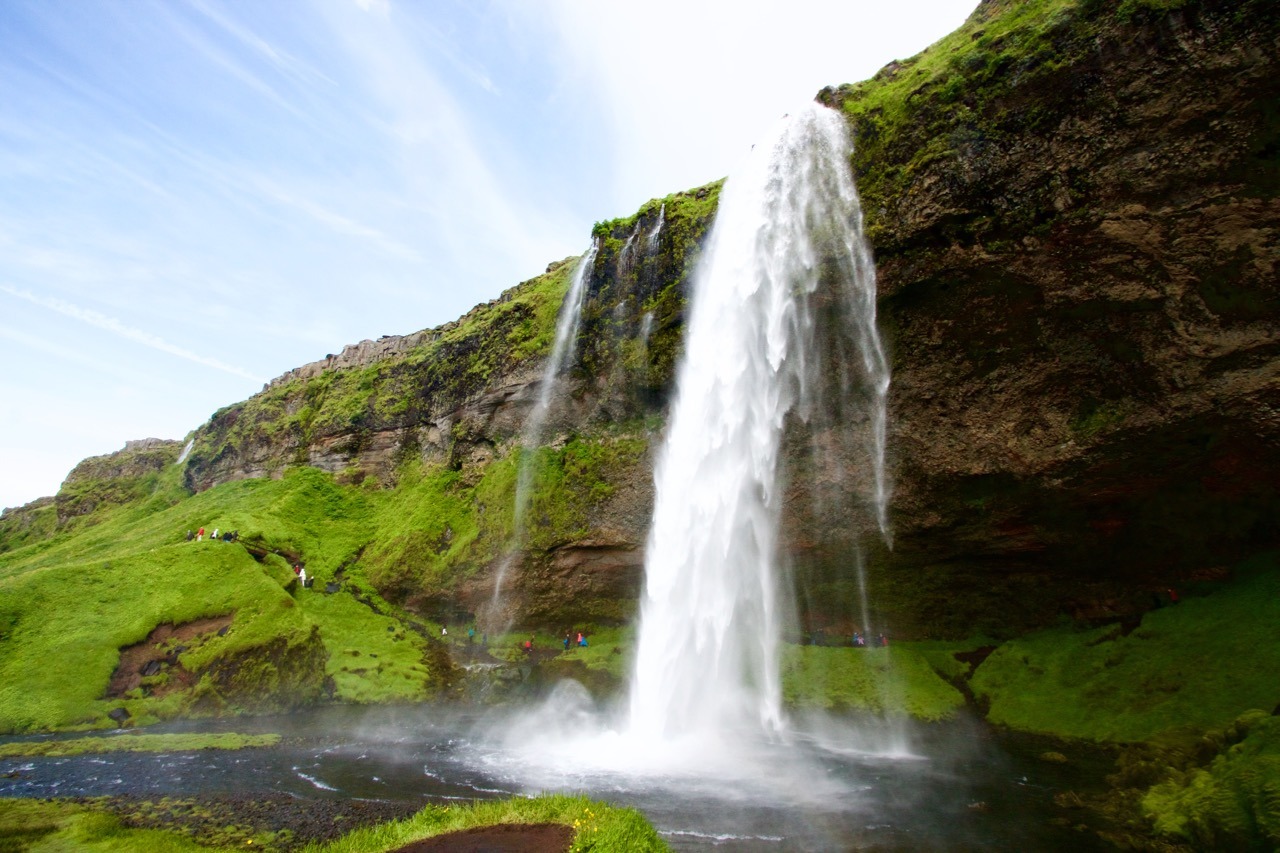
The drive to Skogar will take you along the beautiful south Iceland coastline, with the now infamous Eyjafjallajökull volcano looming on the left. If you’re curious about the 2010 eruption there’s a small visitor’s centre along Route 1 that’s actually quite interesting.
- If you want the real hot spring experience with locals instead of tourists, make sure to pay Laugarvatn Fontana a visit. There is hardly anyone there (as opposed to the overcrowded Blue Lagoon) and the quiet surroundings are the perfect backdrop for a relaxing, invigorating geothermal experience. There are natural steam and high-humidity rooms, Finnish saunas, geothermal mineral pools, and warm baths onsite as well as a small restaurant.
- Seljalandsfoss: The waterfall is beautiful from all angles, including from the back, where visitors are encouraged to wander along the footpath hidden behind the 60-meter cascade. Be careful though, as the rocks are obviously quite slippery! If you want to see the most epic photos of Iceland, make sure to come back to Seljalandsfoss at sunrise. It looks okay, I guess.
- You can also wander a bit further towards underrated Gljúfrabúi, which is partly concealed by its own canyon.
- Seljavellir: Right at the foot of the volcano is the once-secret-but-now-popular pool. Built directly into the cliffside in the 1920s by locals, it is naturally heated with geothermal water and makes for a fun, totally Icelandic experience in the middle of nowhere. The pool is a 10-minute walk from the very end of route 242.
Note that while you are in the area, you could plan for an extra day on the beautiful Westman Islands, as the ferry departs from route 254 just south of Seljalandsfoss.
Day 5: Vik, Dyrholaey, Folk Museum, Skogafoss, Plane Wreck
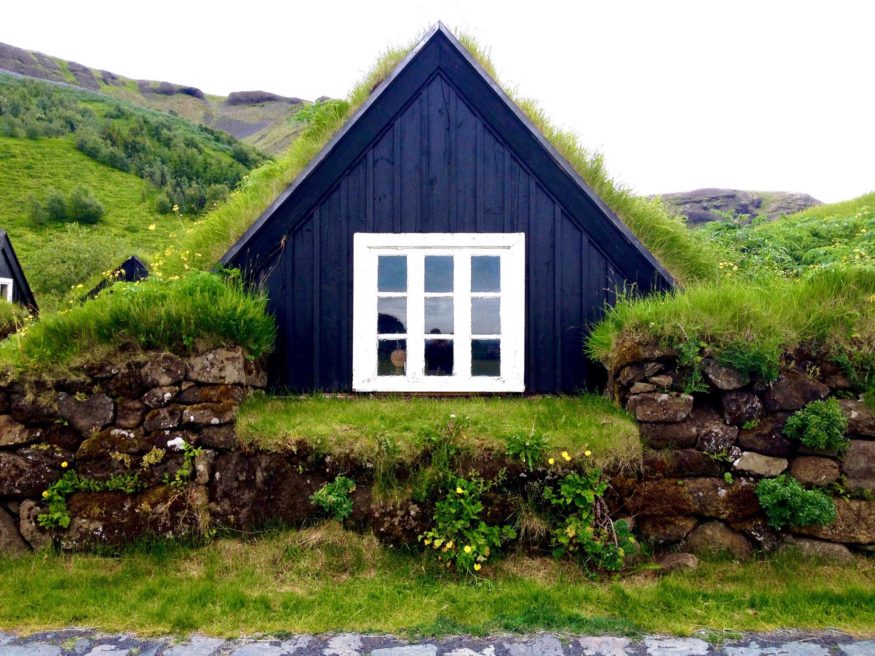
This is certainly the wildest part of this Iceland Road Trip. And the most scenic! Wth a rugged coastline and black sand beaches that are so representative of this idea we have of Iceland. Although it really doesn’t cover that much ground, this portion still takes up an entire day because you will be stopping so often and taking so many pictures that each attraction is bound to take a few hours. And really, that’s the whole point: to really appreciate Iceland you need to step back and take a good hard look at it and remind yourself that you’re standing on one of the world’s most geologically diverse and rawest island. Let that sink in for a bit.
Skogafoss
Beautiful waterfall, perfectly framed by its own canyon and almost begging to be photographed. Rumour has it that Þrasi the settler buried his chest of gold under the waterfall – but trust me, if you’re interested in finding out, you better be entirely covered in waterproof material because that waterfall does NOT kid about getting trespassers wet. Don’t forget to hike up the wooden pathway for great views of the coast and the waterfall.
Abandoned DC plane on Sólheimasandur
I remember wanting to stop at the plane wreck but for some reason, I didn’t quite make it there. Be smarter than I was and plan for an hour at this fascinatingly bizarre attraction along route 1.
Folk Museum
The only cultural attraction outside Reykjavik that’s really worth its price, in my opinion. You can explore the tiny turf farmhouses and admire artefacts that prove that life in Iceland used to be treacherous for fishermen and their families.
Dyrholaey
I must have spent a good two hours in Dyrholaey alone! The scenery is absolutely stunning atop the 120-metres high promontory, from the arched rock to the black sand beaches in the distance.
Vik
The small fishing village of just 450 inhabitants is quaint and photogenic, and has easy access to the famous black pebbled beaches. Beware, though, not to step into the water; this is the North Atlantic, people, and the strong rip tides are as frequent as they are lethal.
+
iceland travel tips
Do’s and don’t of an Iceland road trip
Day 6: Jokursarlon
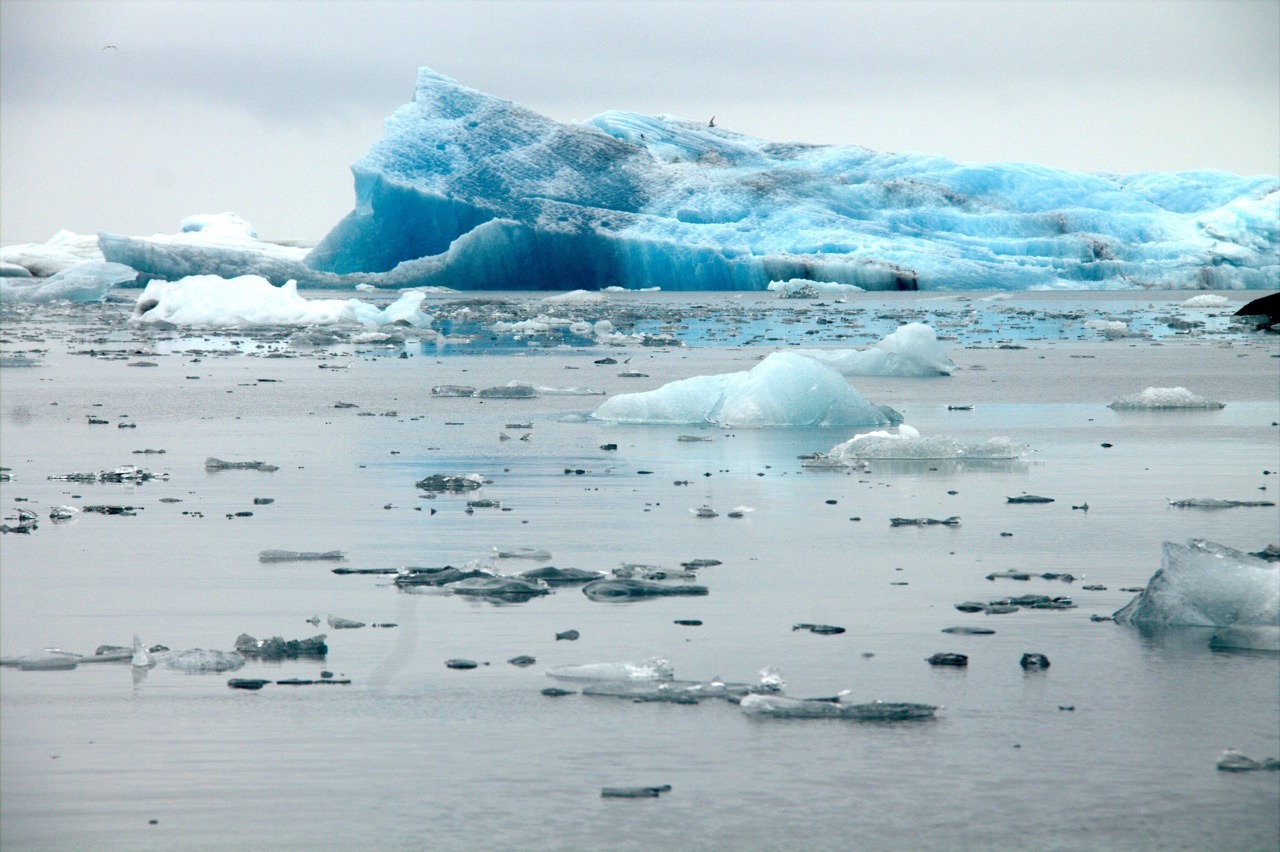
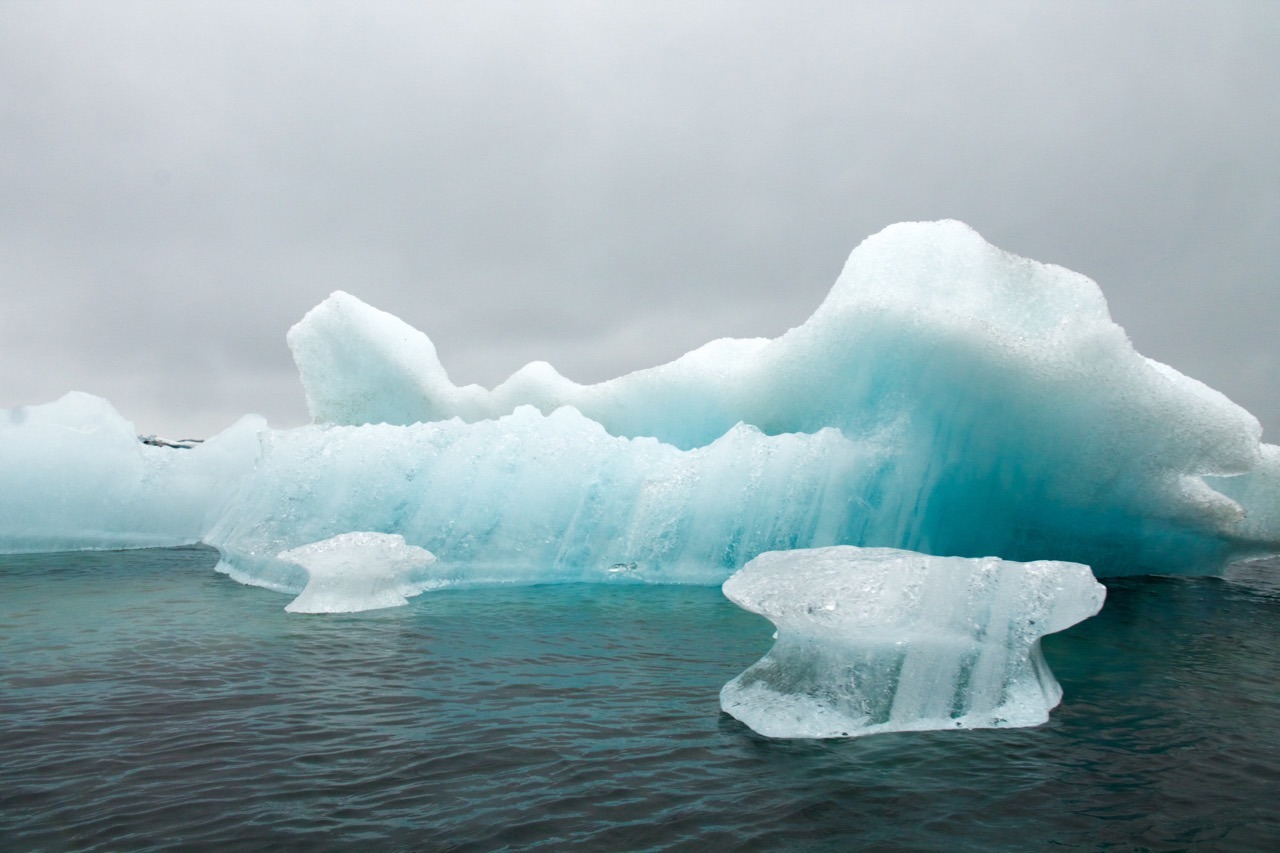
Sure, it’s a long drive from Vik, but hey, where else will you be able to see a 20 km2 lagoon filled with freshly broken off pieces of glaciers?
Whatever you do, don’t even think about skipping the zodiac tour of the lagoon. At roughly $60 per person, it’s not cheap by any means; but it’s one of the most amazing things I’ve ever experienced. Trust me when I say that if there’s one thing you shouldn’t overlook, it’s this. You will learn so much about glaciers, come within touching distance of icebergs, and if you’re lucky, you’ll even see seals frolicking around. Just. Do. It.
If you’re an avid hiker and have a few days to spare, spend one of them exploring Skaftafell and the Svartifoss trail. If you only have a few hours on your hands and you’re sick of seeing the inside of your car, there’s a nice hiking trail behind Hotel Skaftafell with a hidden lake, abundant lupines, and snow-capped mountains.
Day 7: Route 1 and Reykjanes Peninsula
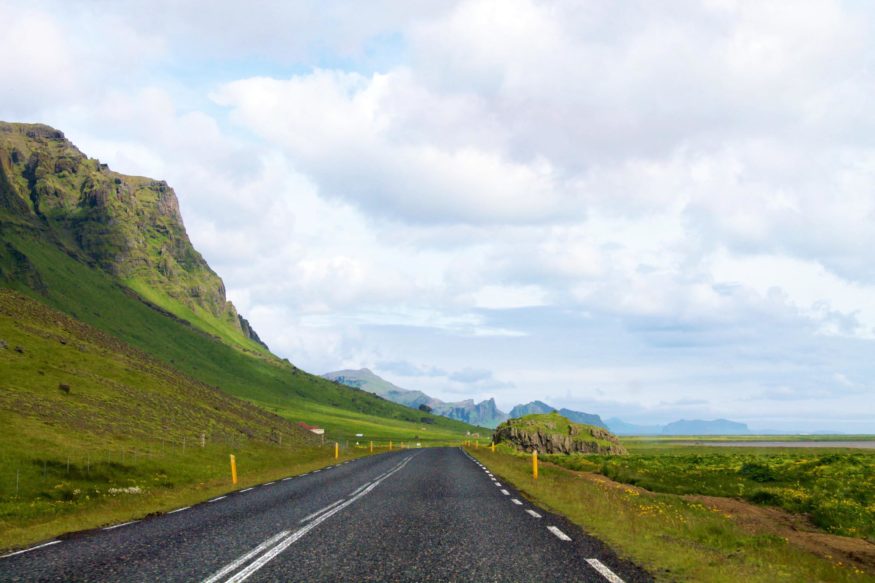
Admittedly, the Reykjanes peninsula is not the most riveting part of Iceland – especially not after you’ve seen what the island has best to offer on the previous days of this Iceland road trip. It’s more of an “on the way to the airport” destination than an actual attraction, which is perfect if you have a mid-day flight. I stopped in Eyrarbakki to see the cute fishermen houses and breathe in the fresh Icelandic air one last time.
I wouldn’t necessarily recommend the Blue Lagoon – I skipped it because I thought it was an outrageously expensive pricetag for a dip in an overcrowded pool. There are better ways to end your Icelandic odyssey than feeling like you were ripped off of $80 😉

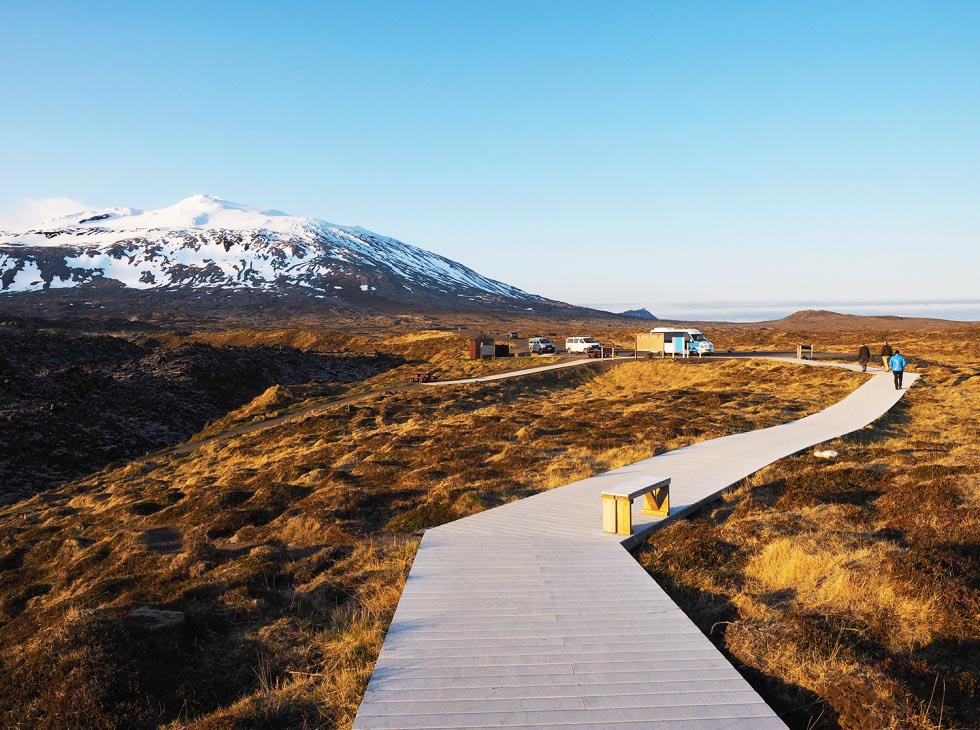
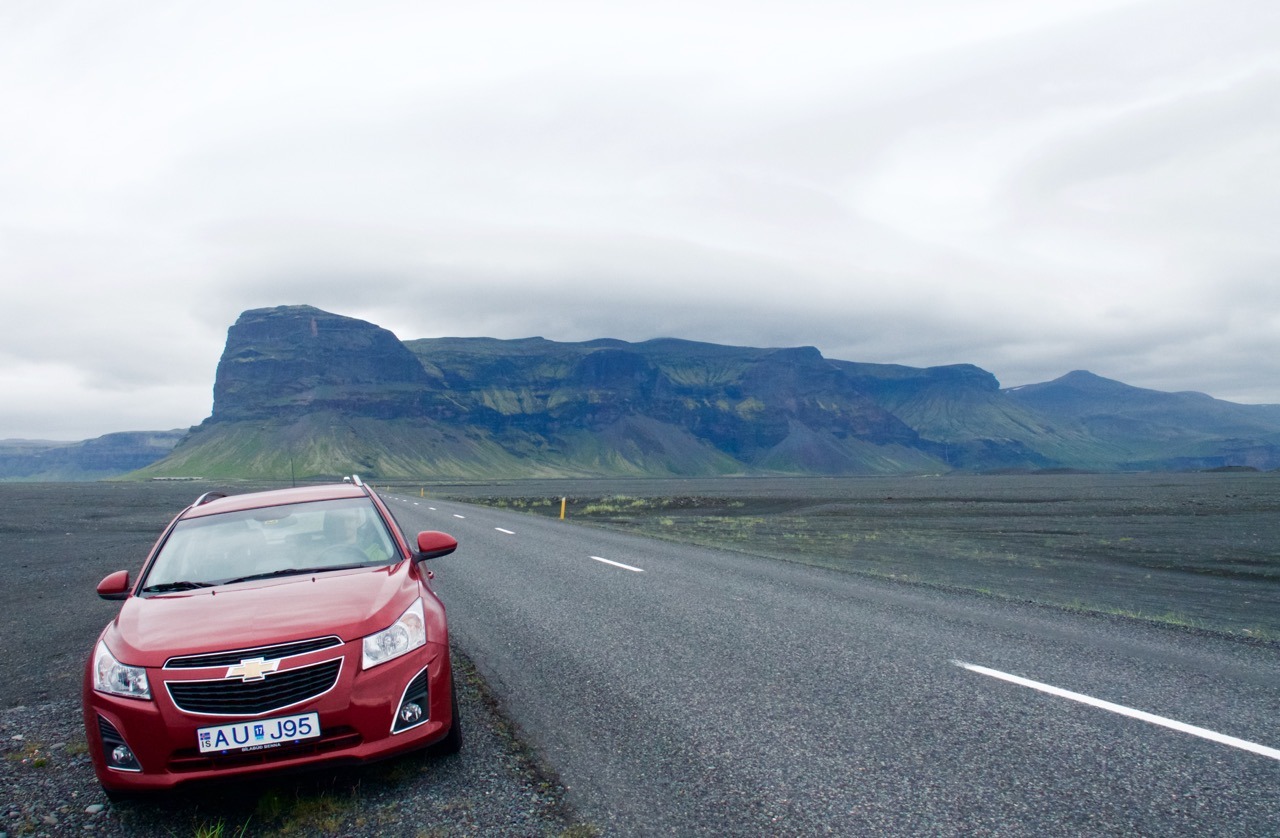
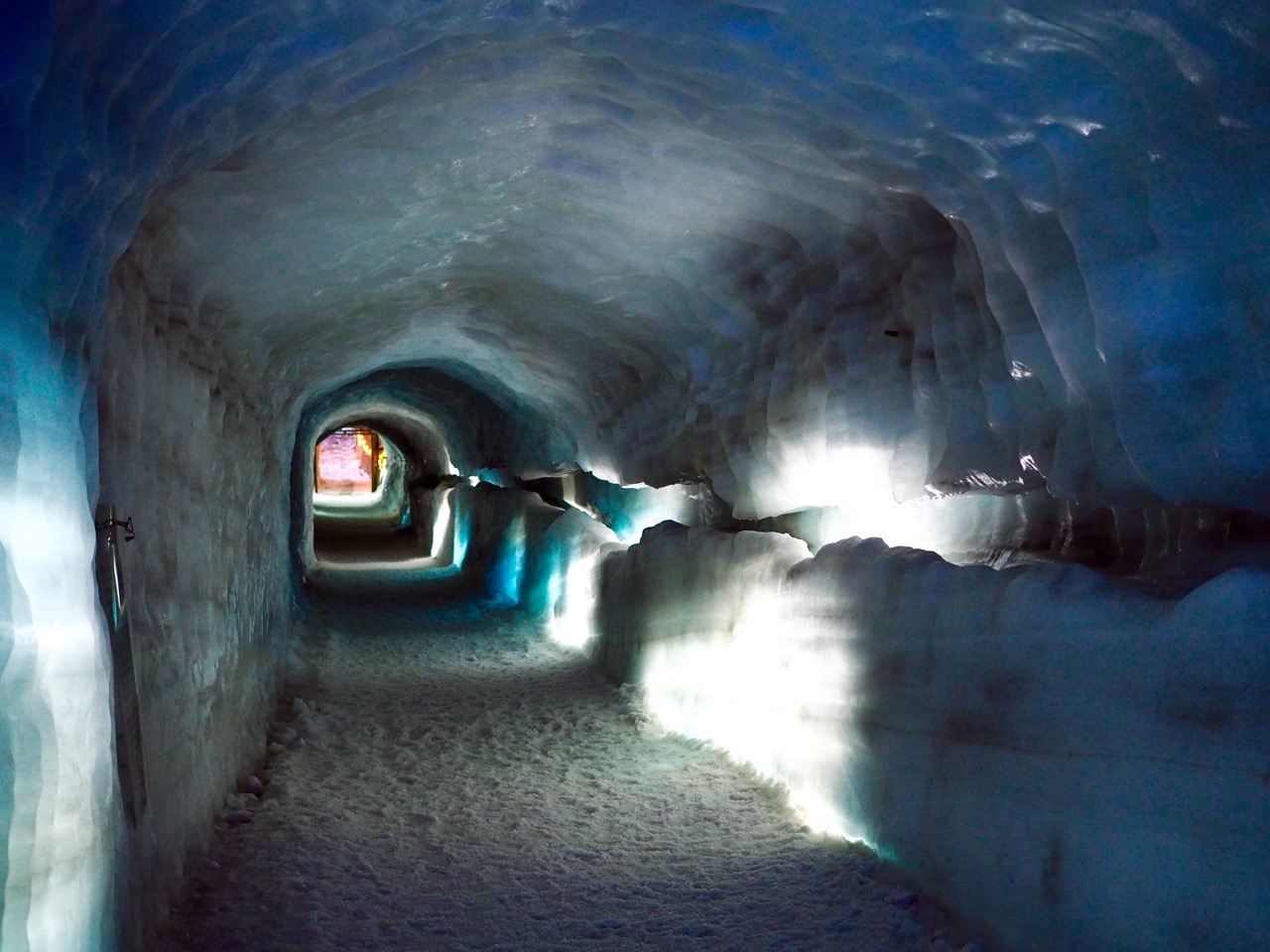
Post Comment